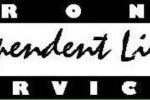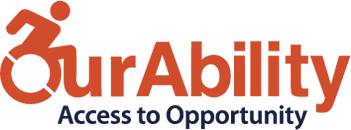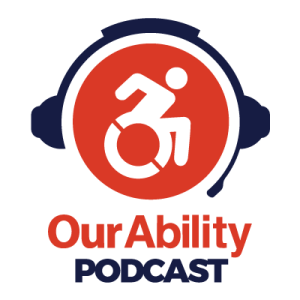
Crossmark Job Opportunity – Pittsburgh, PA
November 27, 2017
Bronx Independent Living Services Job Opportunity
November 29, 2017Message from Council of State Administrator of Vocational Rehabilitation – Potential elimination of the public VR Program and other programs as a result of Senate and House proposed tax reform plans.
In 1986, I received funding from vocational rehabilitation in New Hampshire to be able to attend university. Being able to go to university to study television radio and film has allowed me to have the career that I have. And while after 16 years I do not work in television anymore, my career only continues to grow as a business owner and advocate for individuals with disabilities.
None of this would be possible without Voc Rehab and their resources. The United States Senate tax bill effectively kills Voc Rehab funding if approved.
Our organization works for individuals with disabilities and employment regardless of political affiliation. But, these funds will kill many programs that keep people with disabilities moving forward in life, dealing with everyday medical issues and effectively keeps people alive.
Please call your Senator immediately. The disability community is having a call in day tomorrow — feel free to share with anyone who might be interested: http://medicaid.publicrep.org/events/national-disability-call-in-day/
John Robinson
Our Ability, President
From: Stephen A. Wooderson
CEO – CSAVR
I would like to make you aware of the potential elimination of the public VR Program and other programs as a result of Senate and House proposed tax reform plans
While neither the House nor the Senate tax plans expressly eliminate the VR program, the potential high costs projected by the Congressional Budget Office (CBO), at least in the initial years, would, under current law, trigger something known as the Pay As You Go (PAYGO) rules. Under PAYGO, a new proposal must either be “budget neutral” or offset with savings derived from existing funds. According to the Congressional Budget Office, the House and Senate tax bills would result in an estimated $1.5 trillion deficit in tax revenue which in turn would trigger PAYGO.
As we understand it, when spending is greater than the established discretionary caps and net costs for a year are negative (thereby increasing the debt)— the Office for Management and Budget (OMB) is required to implement the sequestration of mandatory programs including the public VR Program, required by the Budget Control Act of 2011, to make up for that cost. Given the size of the proposed tax cuts ($1.5 trillion), proposed tax reform would trigger a sequestration level so high that it would entirely eliminate funding for mandatory programs subject to sequestration, including again the public VR program.
This article from the Center for American Progress highlights some of the other programs that will see funding cuts, including the elimination of funding for VR basic State grants. Report about this…
Hill staffer says it is pretty unlikely the Senate tax bill passes as even with the elimination of every program on the list, OMB will still be short the money necessary to cover the deficit. It is also absolutely possible this could happen but unclear how it would actually be implemented. Again, VR isn’t eliminated in the tax bill itself, but the PAYGO would be devastating to just about every program in the country – including financial aid for higher education, Centers for Disease Control, Department of Justice, etc.
CSAVR is sending a letter expressing concern to the House and Senate leadership, but we also think it is time for stakeholders to write letters, just to be on the safe side. We are reaching out to stakeholders to ensure they are aware of this threat and can share concerns they may have about it with their Congressional members. Again, there is an urgency to this matter because the Senate has announced plans to vote on their tax reform bill by this Friday, 12/1/17.


